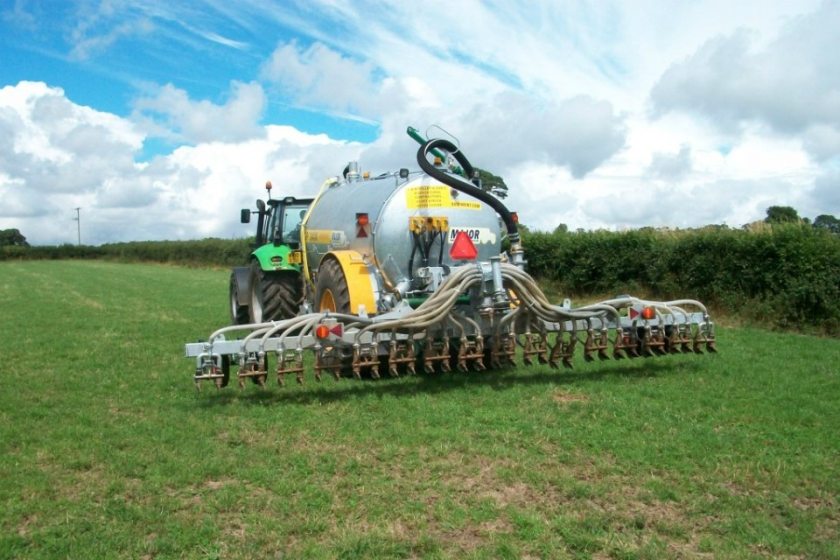
Defra has signalled their intention to offer an extended range of grants this year to tackle air quality issues within the agricultural sector.
Although final details are yet to be announced, it is expected that air quality grants will be available for items and works that will help reduce ammonia emissions.
Examples of these include: Low emissions flooring for buildings; auto slurry scrapers; and shelter belt tree planting to intercept emissions or reduce airflow over manure heaps and slurry stores.
Giving further details, chartered surveyors H&H Land & Estates says these grants will sit alongside the existing range of water capital grants as part of the Countryside Stewardship Scheme.
As is the case with water capital grants, farmers will be able to apply for a standalone 2-year air quality grant agreement or incorporate air quality options into a full Mid- Tier application.
“For the 2021 scheme year, the current cap on standalone capital grant agreements will be raised from £10,000 to £20,000," said David Morley, head of conservation at H&H.
"This applies to air quality and water capital grants as well as the hedgerows & boundaries grant, which provides funding for hedgerow restoration and dry-stone wall restoration.
"Applying for all three can, therefore, potentially provide up to £60,000 of grant funding without the need to apply for a multi-year management agreement.
"To be eligible for an air quality or water capital grant, however, the farm must be within one of the defined target areas," he said.
Still to be officially confirmed, it is expected that the application window for all standalone capital grants will run from around 9 February to the end of April 2021.
For water capital grants, this is much earlier than previous years’ end of July deadline, Mr Morley explained.
This short timescale, especially given the lockdown, will put considerable pressure on Natural England’s Catchment Sensitive Farming Officers (CSFOs) and agents working on behalf of farmers, he said.
"To ensure there is enough time to register interest with the local CSFO and provide them with the required information and evidence, farmers need to consider now whether they are likely to want to apply for a standalone capital grant.”
Farmers wishing to apply for air quality and water capital grants as part of a wider Mid-Tier application will still have until the end of July to apply.
However, Mr Morley said they must register their interest with the CSFO before the end of May.
“It is clear that improving air quality and reducing agricultural emissions will become increasingly important in the coming years,” he added.
